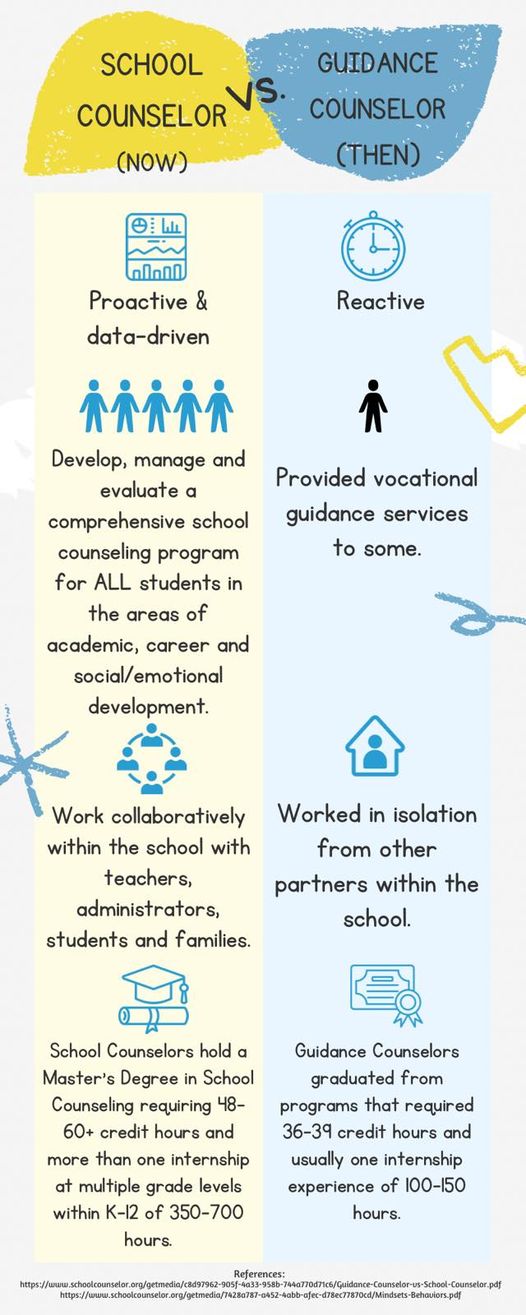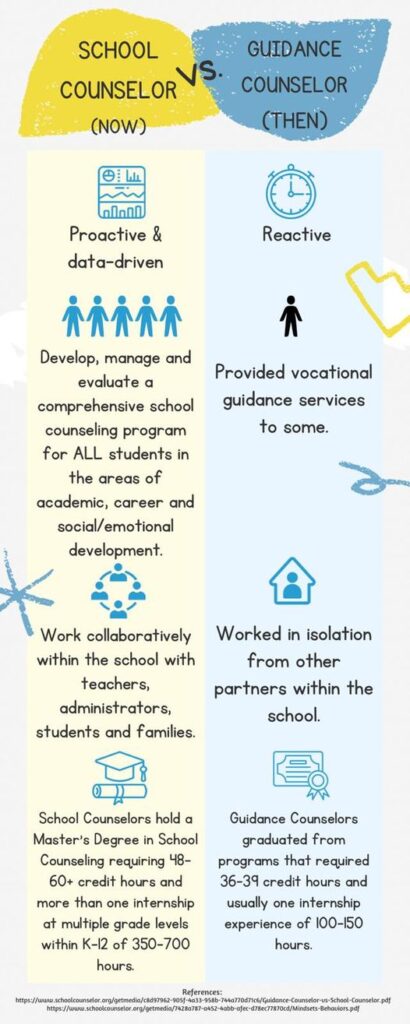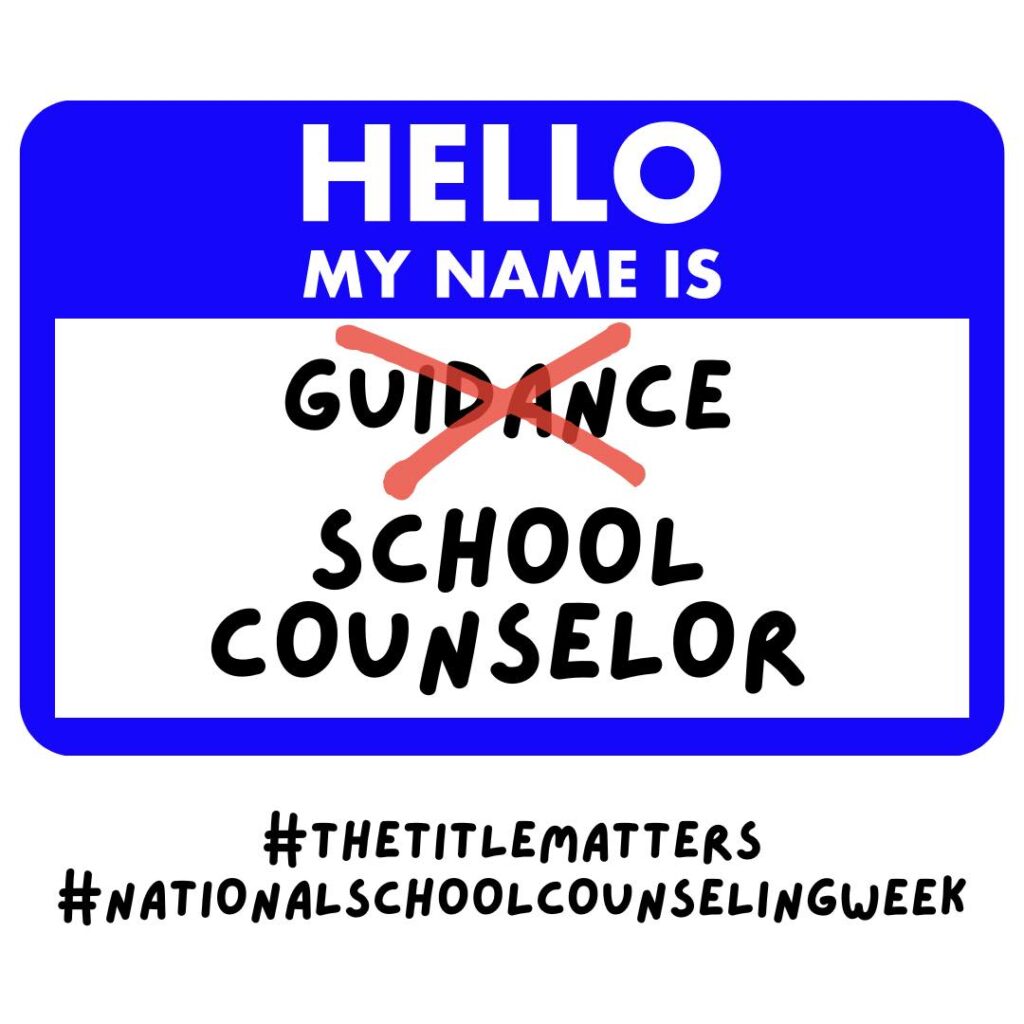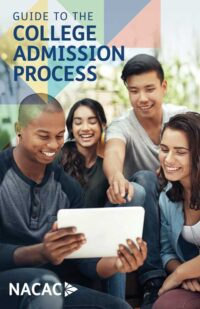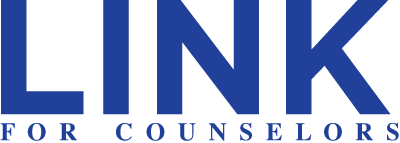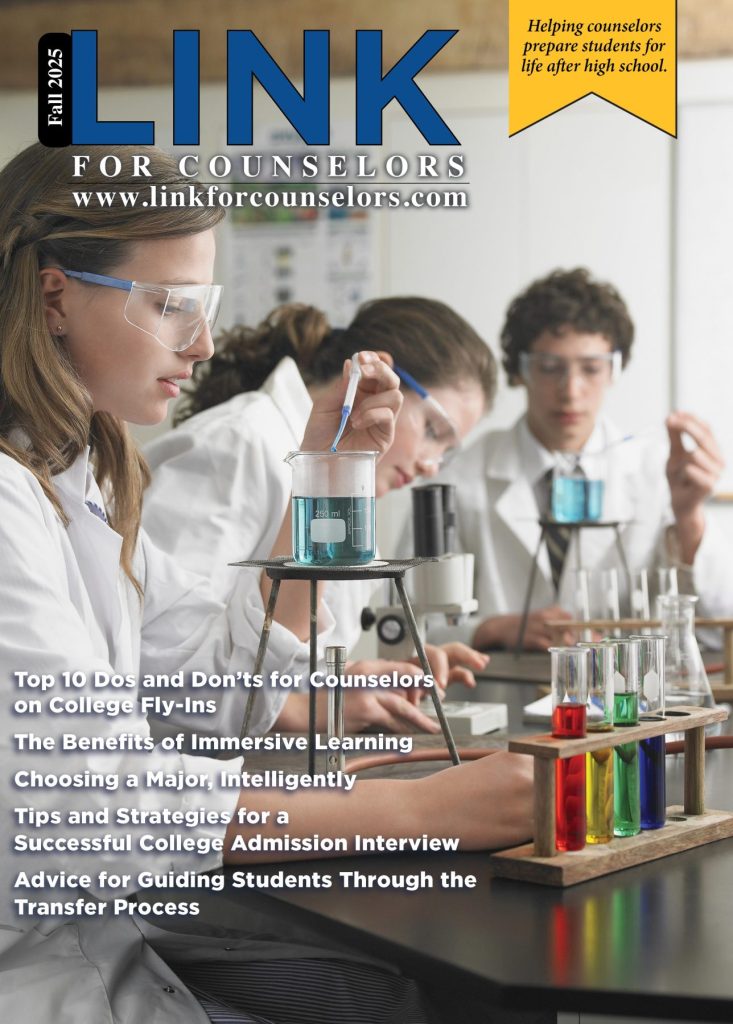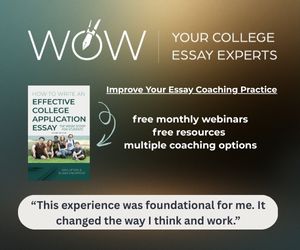The Recommendation Letter
Why do colleges want them? Letters of recommendation are a unique component of the application process. They provide context for your performance in the classroom. The goal is to create a narrative based on who you are and who you are likely to become as you transition into the next phase of your education. Colleges want these letters in order to piece together your story. They have your test scores and GPA, but they want to know why you are a great candidate and fit for their institution. These recommendations go a long way towards receiving a favorable decision.
Who should you ask? It’s important to consider two teachers as you prepare to ask for your letters of recommendation. Many colleges will only require one teacher letter of recommendation, but some ask for two. You will also need a letter from your high school counselor. Additionally, if you feel someone from outside of the classroom can provide a positive and different perspective, this would be a great character reference. Consider a coach, club advisor, or even a supervisor from a summer job. So, now that you know the number required, who do you ask?
First, think about which teachers know you best. Do you have a favorite teacher and are you doing well in their class and/or demonstrating a positive work ethic? How active and engaged are you during their lessons and are you always prepared? If you find yourself nodding and answering yes, then these are the teachers you should pursue. But those are not the only questions you need to ask yourself when considering recommenders.
What is your intended major? The answer to this question can impact the teachers you might wish to ask. If you know you are applying within the STEM field, you will want to strongly consider one of your math or science teachers as a recommender. That being said, I strongly advise against focusing entirely on your math and science teachers. More colleges, even those with tech-heavy curriculums, value a well-rounded student. There’s no problem if you wish to pursue STEM and you submit recommendations from your Calculus and English teachers. In fact, that is what I recommend.
The key is to choose a teacher who can present the best version of you to the school. It doesn’t always have to be a class where you earned an “A.” Colleges value students who overcome adversity, so if there is a class that you are working hard in and improving, that could be a great choice. Remember, colleges are building communities, so they also appreciate a positive attitude in class, accompanied by your interactions with classmates.
When should you ask? The general consensus for this is April or May of your junior year. The teachers that you consider ideally should be from 11th grade, as these teachers will be able to best represent the most recent student you are as you apply to college. Sophomore year teachers are okay too, but I wouldn’t go back to freshman year – you’ve changed a lot since then! While the spring of junior year may seem early, it allows students time to provide these teachers with any forms or resumes they may require in order to write their recommendation. Educators are often bogged down with recommendation requests in the fall. It’s good manners and very thoughtful to ask early.
While recommendation requests come at the end of 11th grade, you should be thinking of it well before then. Being conscious of your classroom behavior and participation starting from 9th or 10th grade is vital. From that moment on, you should think of this like an audition for a role or a job interview. Regularly consider what makes a good student and am I fulfilling that description?
What goes into the letter? Your teacher will be doing the writing of the recommendation, but it’s always important to know the criteria by which you will be evaluated. Recommendation letters often follow a pattern of establishing a connection (i.e. how they know you), highlighting your strengths, telling an anecdote or short narrative, and then promoting you to that school. They will include details like your classroom participation, interpersonal skills with your peers, preparedness, organization, and general demeanor. It’s important to consider these parameters as you attend class each day. You want to leave your teachers with a positive impression of your time with them.
How should you ask? Like most things in life, it’s usually better to do it in-person. You’re able to convey your sincerity, emotion, and respect more efficiently through face-to-face interaction, rather than through an email. If this is a teacher you are comfortable with, this process should be no problem and can be a casual private conversation.
In Summary The letters of recommendation are an important part of the application process. Because colleges are going to use these personal letters to evaluate how you will impact their classrooms and campus, it’s vital students and parents understand and value the pivotal role that they play.
AdmitU Consulting, LLC provides College Planning, Test Prep & Tutoring Services. Check them out https://www.admituconsulting.com/



